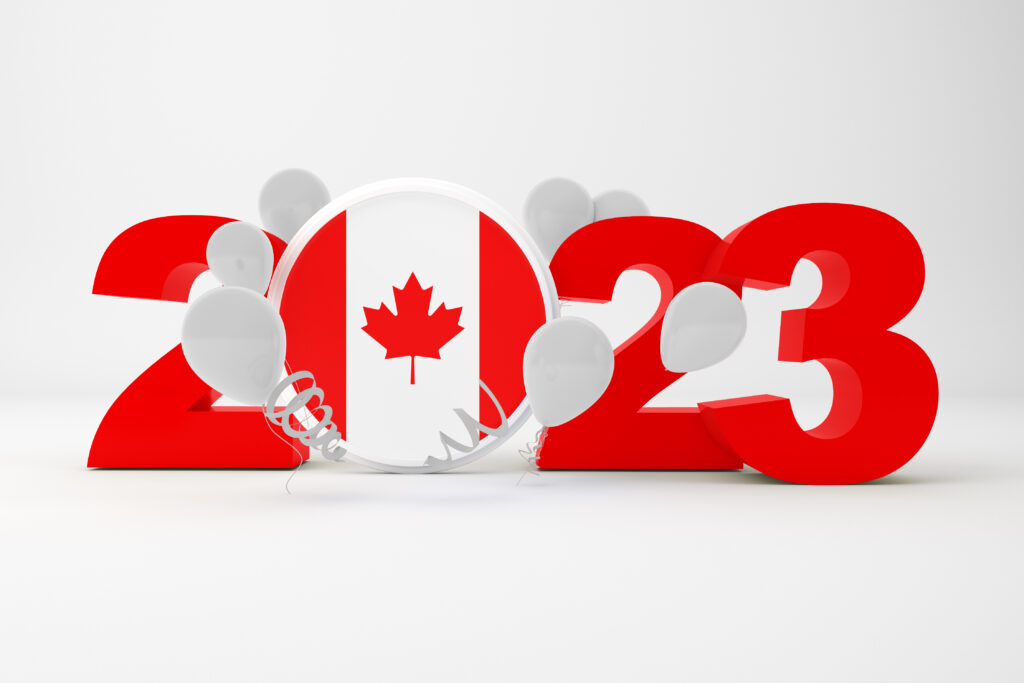Express Entry Draw – The most recent round of invites for Express Entry has been held by Immigration, Refugees and Citizenship Canada (IRCC). In an all-program draw, the department selected 800 applicants with a minimum Comprehensive Ranking System (CRS) score of 505.
Here is an overview of the most recent Express Entry draw results:
Between July 4 and 7, IRCC held draws on four consecutive days.
The 700 invited candidates required a minimum CRS score of 511 in order to be included in the invitations sent out on July 4. The needed CRS score for this particular all-program draw in 2023 was the highest one to date.

On July 5, in the second Express Entry Draw of the week, individuals with prior job experience in specific STEM fields were invited to participate in the anticipated first-ever round of invitations. 500 applicants with a minimum CRS score of 486 were invited by IRCC. This draw’s date and time were made known by IRCC a week in advance.
With a cut-off CRS score of 463, the third draw from last week invited 1,500 applicants on July 6 for a category-based selection draw for healthcare professionals.
On July 7, the fourth draw of the week took place. 2300 individuals with a minimum CRS of 439 and strong French language proficiency received ITAs.
June 27-28
In an all-program of express entry draw on June 27, IRCC welcomed 4,300 candidates. A CRS of 486 was necessary for these applicants.
The first-ever ITAs for category-based selection were released by IRCC on June 28. 500 people in total were asked to apply for permanent residency having work experience in healthcare occupations and a minimum CRS score of 476.
Selection Based on Categories
On May 31, Sean Fraser, Canada’s minister of immigration, declared that the IRCC had completed the categories for category-based selection. Following Bill C-19’s royal assent in the Canadian parliament in June, when it became law, these categories were anticipated. The law gives the immigration minister the authority to extend invitations to individuals seeking economic immigration to Canada in order to advance the French language outside of Quebec and Canada’s economy.
This implies that rather than concentrating on a person’s overall CRS score, the minister can accept newcomers based on certain qualities, such as language or work experience.
Following talks with stakeholders and the provincial and territorial governments to determine the most significant labor market shortages in Canada, the categories were decided upon. These are what they are:
- Healthcare
- STEM (science, technology, engineering, and mathematics) professions in
- Contractors, plumbers, and carpenters are examples of trades.
- Transportation
- Agriculture and Agri-food
- Strong command of the French language
These categories’ chosen candidates must still be qualified for the Express Entry program. A high CRS score is also advantageous because candidates will still be compared to one another.
By the end of 2023, the Immigration and Refugee Protection and Customs Enforcement Agency (IRCC) expects to have admitted 82,880 new permanent residents to Canada through Express Entry. The number increases to 109,020 in 2024 and to 114,000 in 2025. The new Express Entry categories will make sure that immigrants to Canada are contributing to the achievement of these goals while enhancing the country’s labor force.